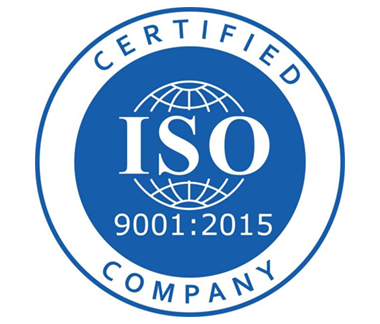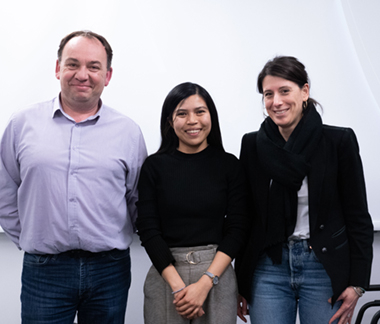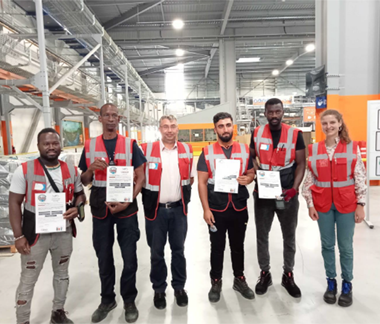Decarbonisation issues and policy at Viaposte
With the equivalent of 138 million tonnes of CO2 in 2021, the transport sector is France's biggest emitter of greenhouse gases.
At the Transport and Logistics Innovation Week (SITL) held in April 2023, the French Ministers for Energy Transition, Industry and Transport made a resounding announcement: new financial support will gradually be introduced to encourage the deployment of low-carbon vehicle fleets.
With the support of the French government, industry players are becoming more eco-friendly by focusing on more planet-friendly transport services in response to the urgent need to protect the environment, with a policy of decarbonising road transport at the forefront.
Take a look at Viaposte's vision for 2023, and discover how it is leading its transport partners towards a change which promises a greener future for the sector.
The energy crisis at the heart of the decarbonisation challenge
Background and alternative energies
The energy crisis is in full swing, and many players in the transport and industry sectors are making a massive commitment to services that are more in line with today's environmental challenges.
With the aim of achieving carbon neutrality by 2050, a number of alternative energies, known as "green energies", have gradually been deployed to provide an initial ecological response.
As a company committed to protecting the environment, Viaposte has logically followed this change by equipping its trucks and light vehicles with more ecological fuels such as :
- Hydrogen ;
- Electricity ;
- Biofuels ;
- Biogas.
Viaposte's objectives
"To ensure that this transition process is a success, we are relying on a number of tools: consultations with the purchasing department, as well as communications with both individual and collective carriers, particularly during regional and national transport agreements.
The major benefit of this communication is to encourage initiatives from our transport partners and to anticipate responses to calls for tender by having a clear vision of our available green energy resources".
Viaposte has also started thinking about building new infrastructures by signing contracts with two energy companies specialising in biogas. Located close to our sites, these infrastructures are spread between Brive, Cestas, Saint Priest, Toulouse and Douvrin. "Between the end of 2023 and the first quarter of 2024, we plan to launch other refuelling points," adds Anne-Laure Charpenet.
"In addition, we also have the ambition by 2025 to launch a private network of biofuel tanks that would be shared with our hauliers".

Decarbonisation at Viaposte: encouraging initial figures
"In 2021, 7% of road transport for La Poste and Viaposte was carried out using natural gas. In 2022, we increased by 1.5% of decarbonised kilometres, then doubled this rate in 2023 to reach more than 3%. At the end of November, we currently had 3.16% of green kilometres accumulated since the start of the year, and 5.84% in November alone. We have exceeded the targets we set ourselves, so we should have great ambitions for 2024," enthuses Ms Charpenet.
Viaposte relies on two main energy sources for its alternative energy links: HVO and B100 from French rapeseed, as well as biogas, which accounts for the bulk of its transport services. Some vehicles also run on electric power, but the limited range, cost and fact that they can only be charged in depots mean that they are still in the minority. "Hydrogen, for its part, is still at the project stage, but we hope it will see the light of day in two- or three-years’ time!
The team behind the systematisation of the decarbonisation process
Anne-Laure Charpenet joined La Poste in 2017 as a member of the industrial and logistics department, before becoming director of a distribution site. She quickly became head of the Transport Energy Strategy department. Today, as the guarantor of proven technical expertise, she is the dedicated point of contact for buyers, regional managers, carriers and public bodies.
Her role? To unite and mobilise partners around a common goal of decarbonising transport.
As she readily admits, she is not working alone on this ambitious project, which is anything but monotonous, and can count on a solid team of trusted collaborators who assist her on a daily basis: Julien Gautier, Maud Marchand and Wijdane Chakri.
Are you a freight forwarder who would like to join the Viaposte teams working for greener transport services? Get in touch with our experts and make a commitment to the environment!







